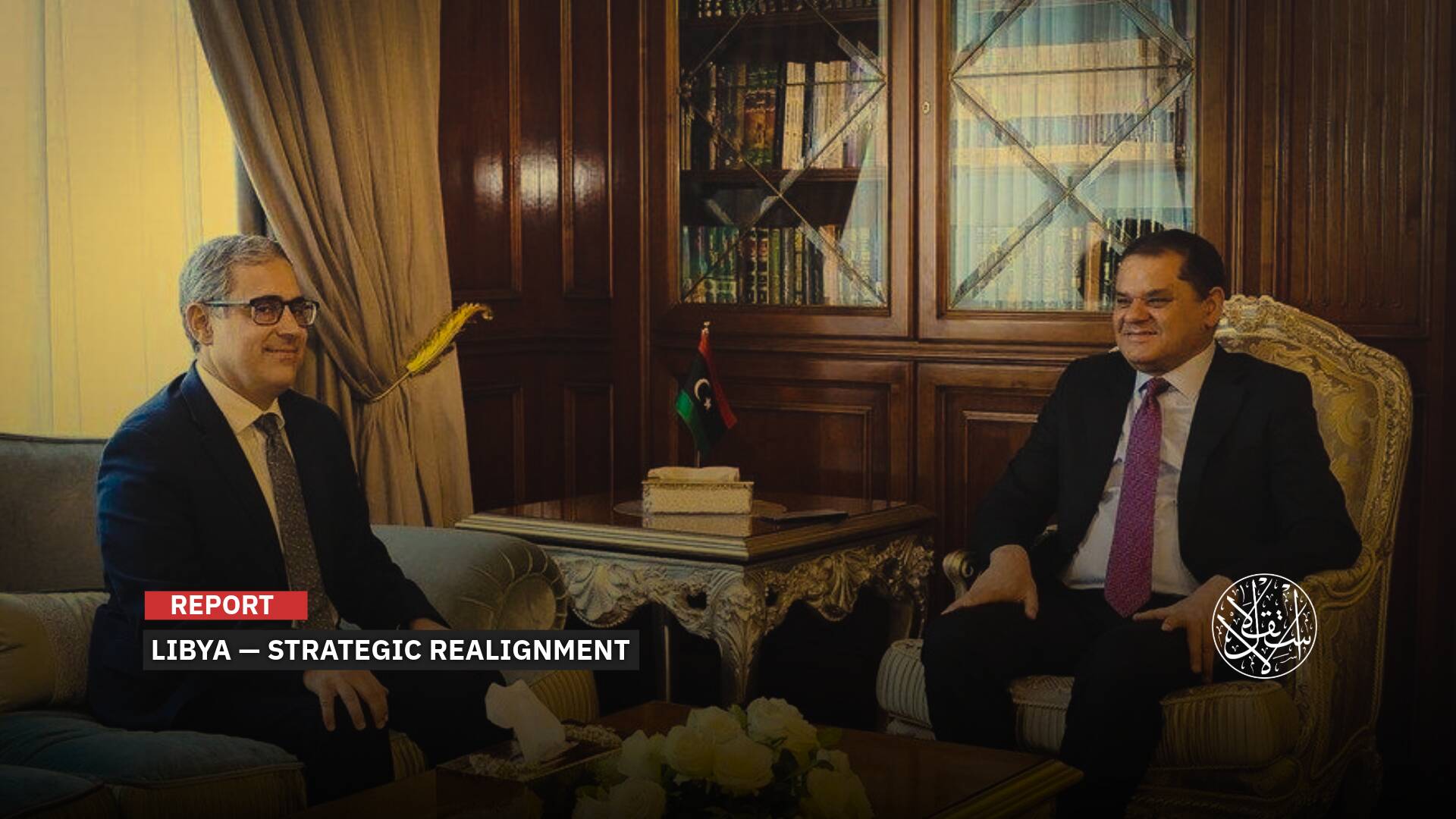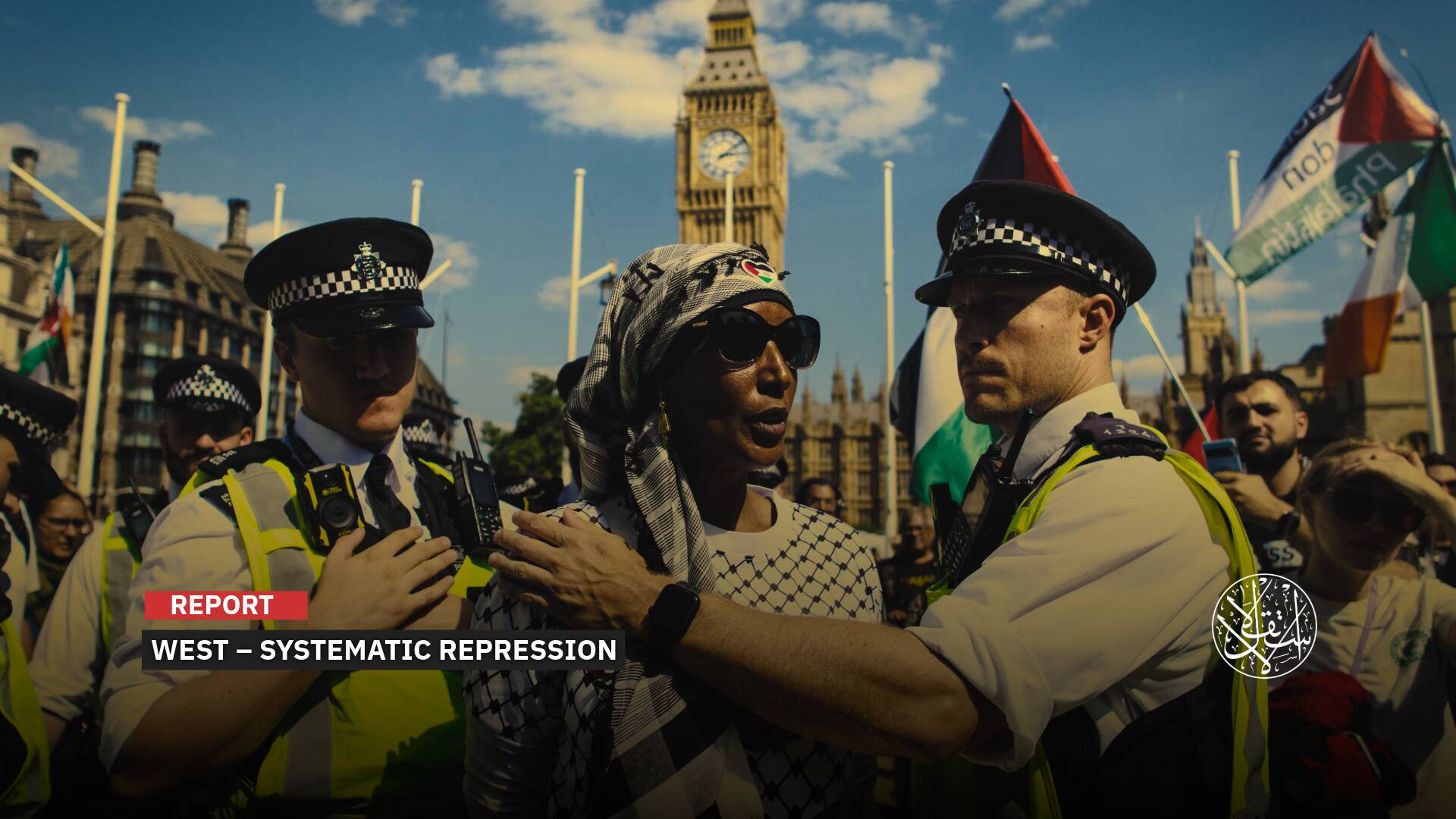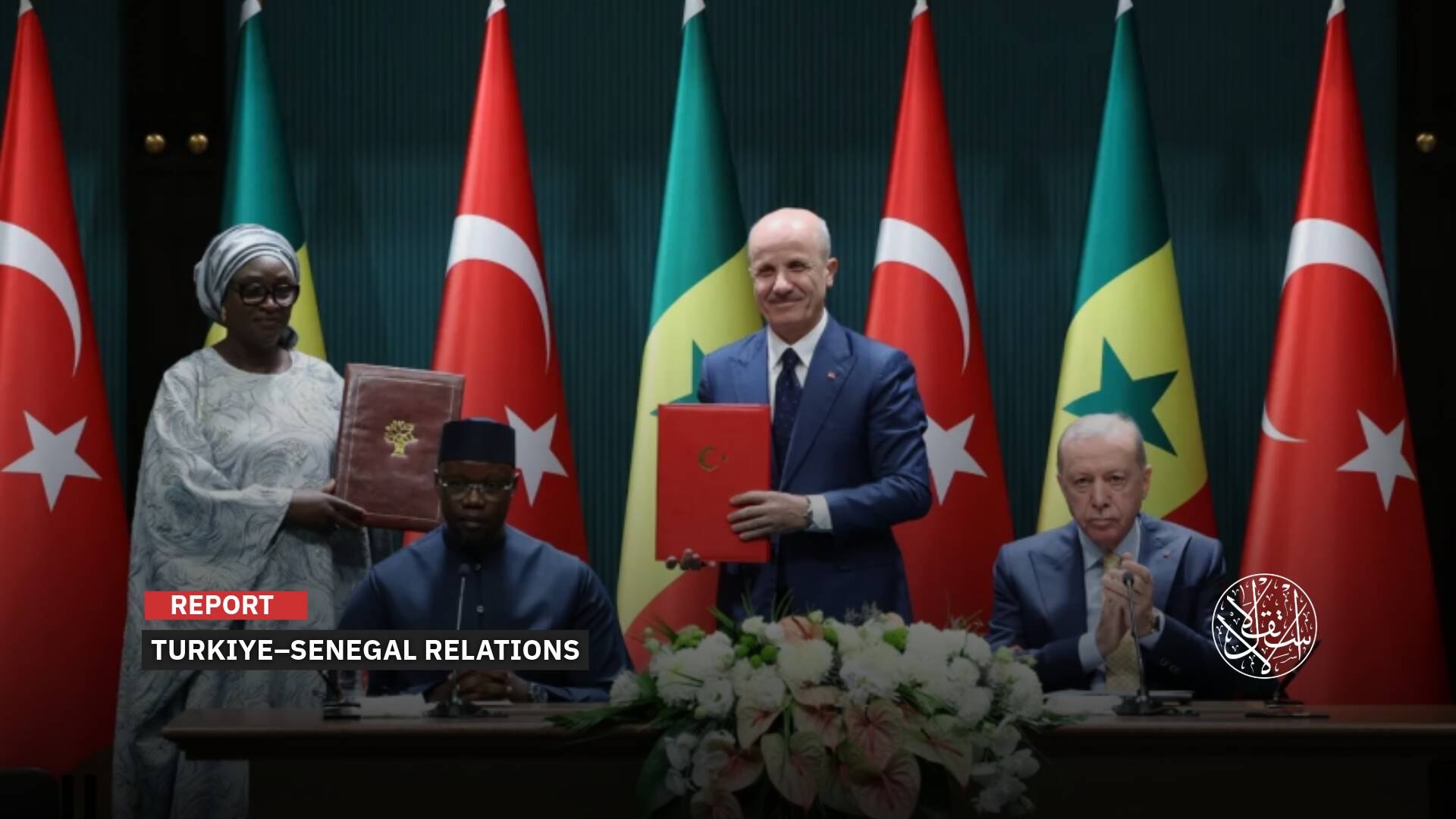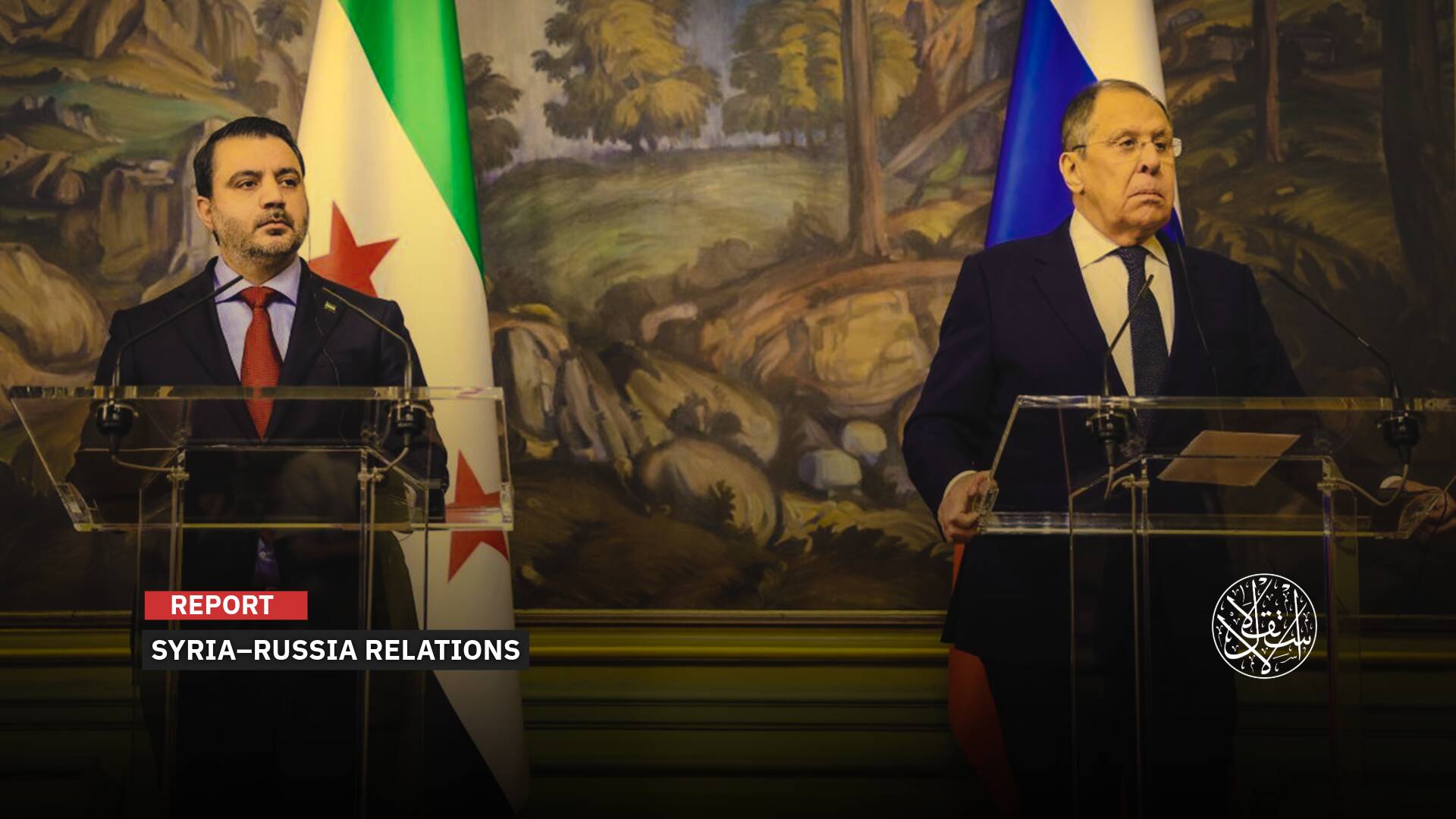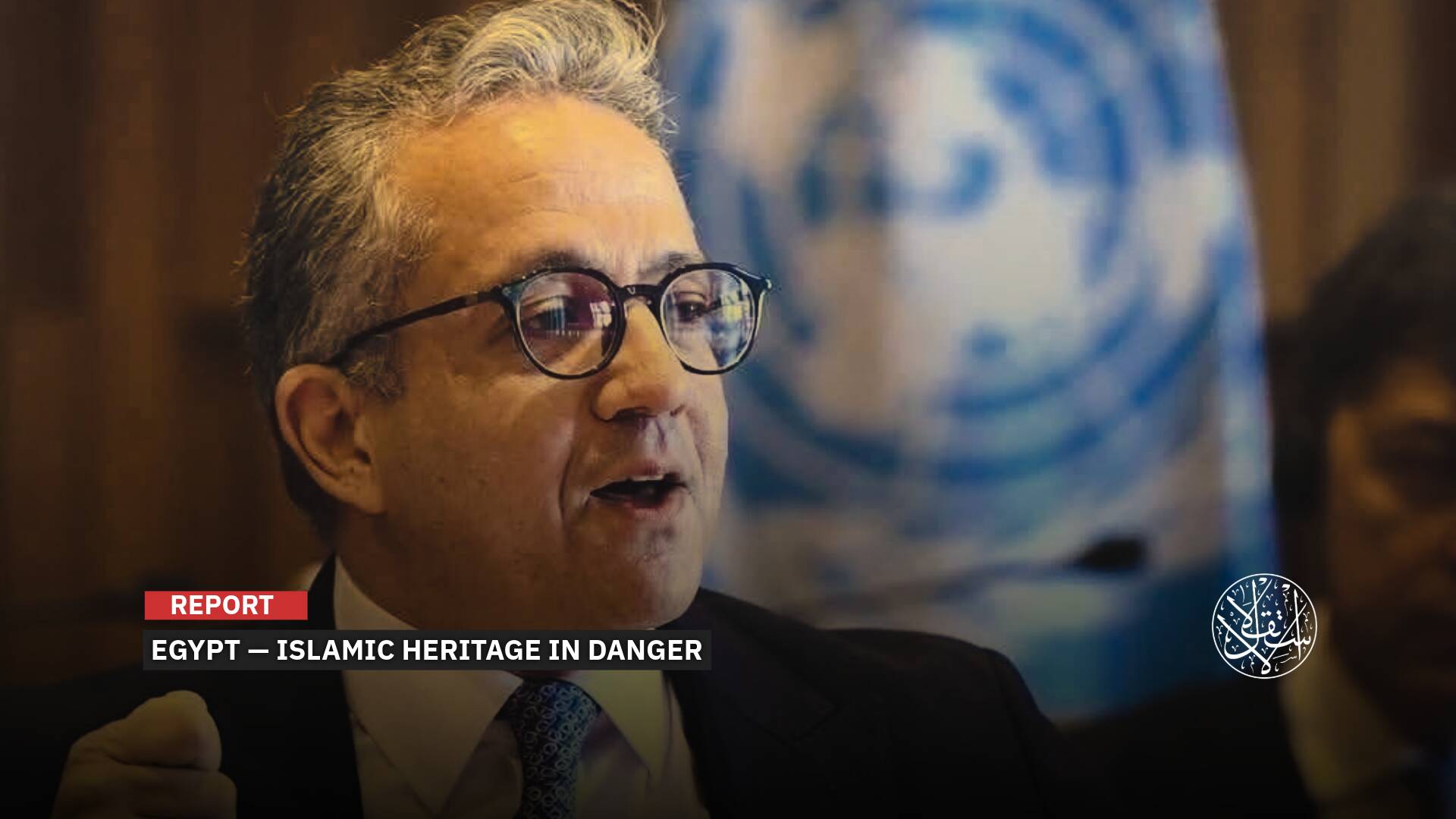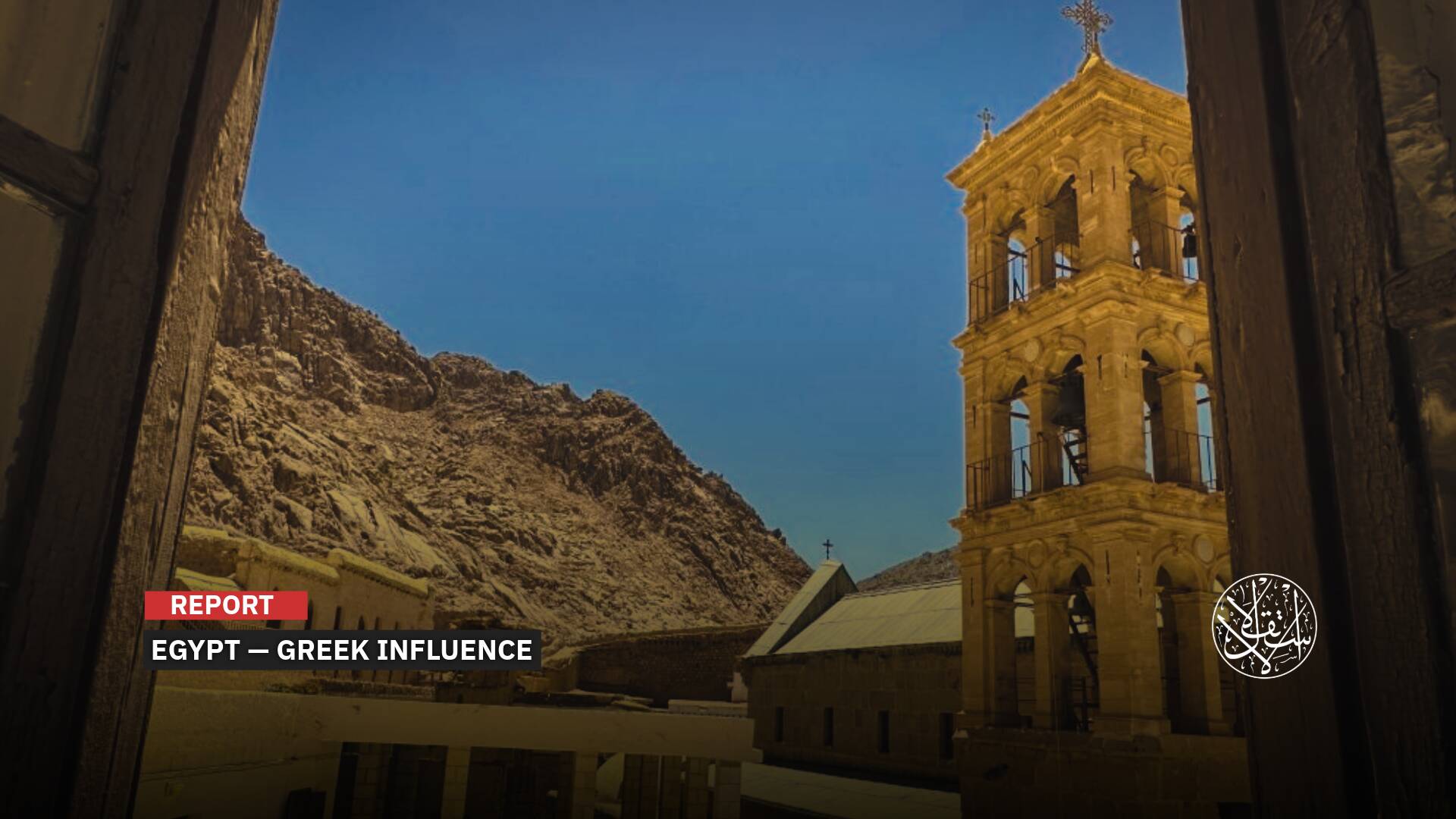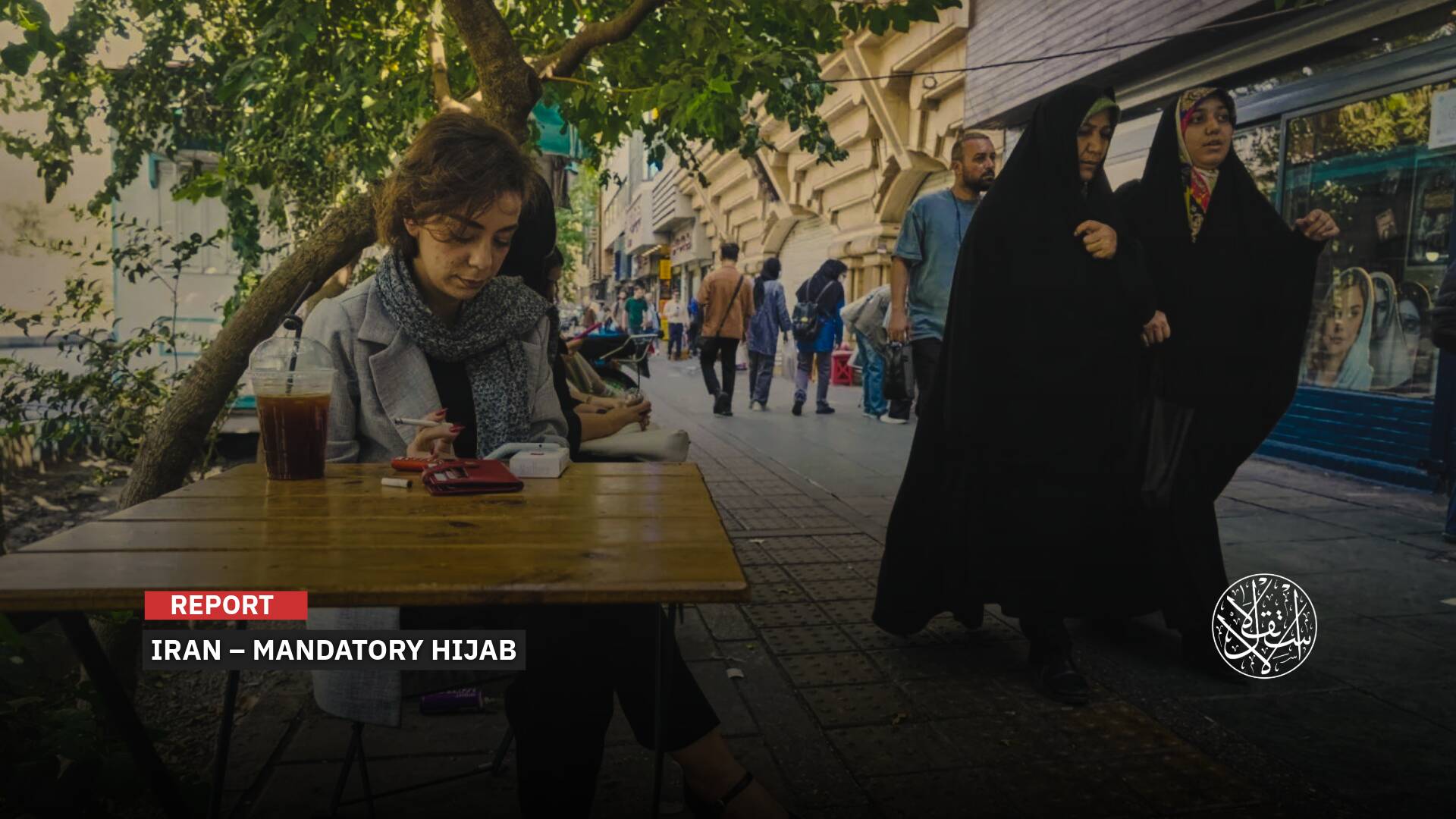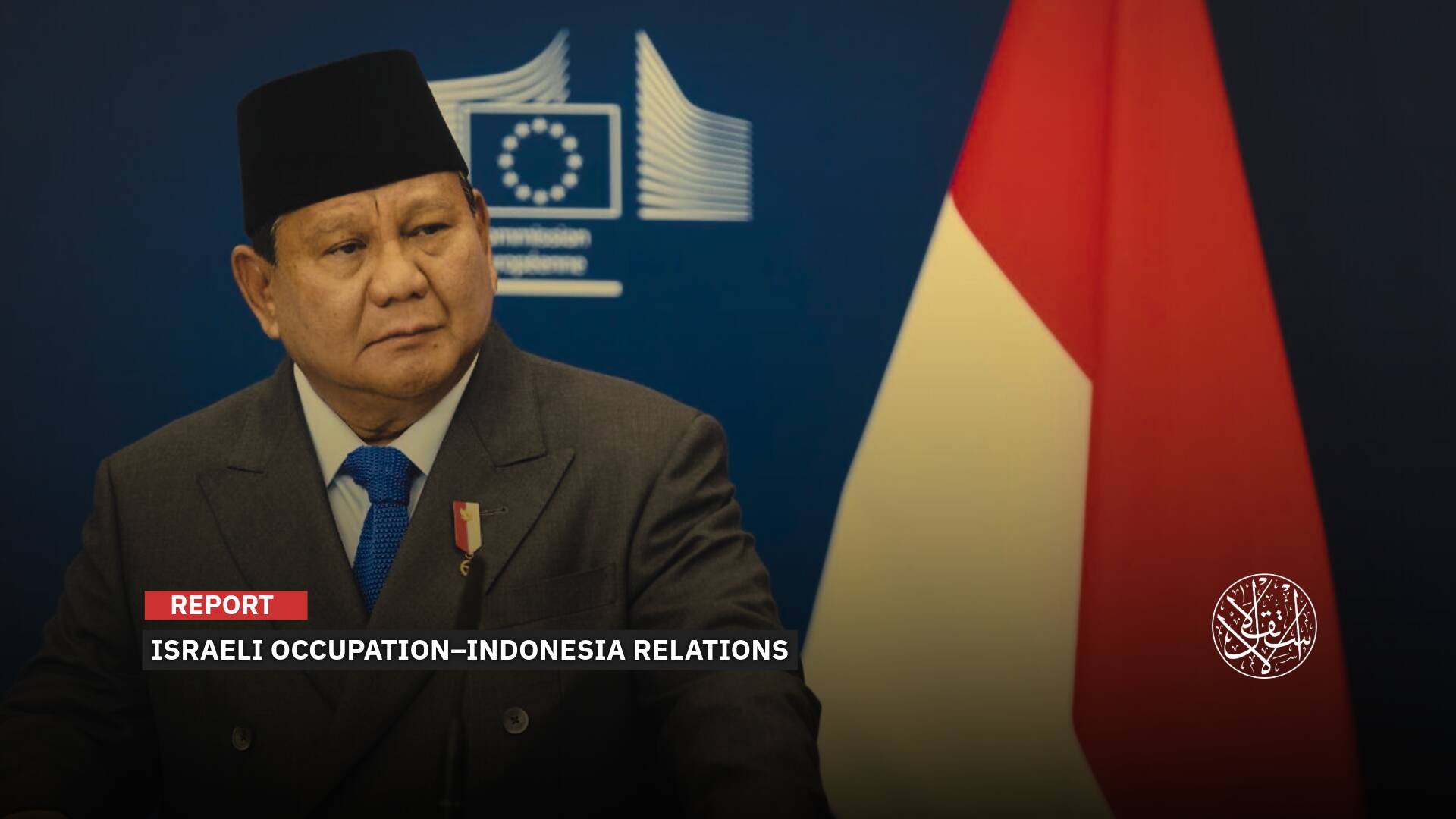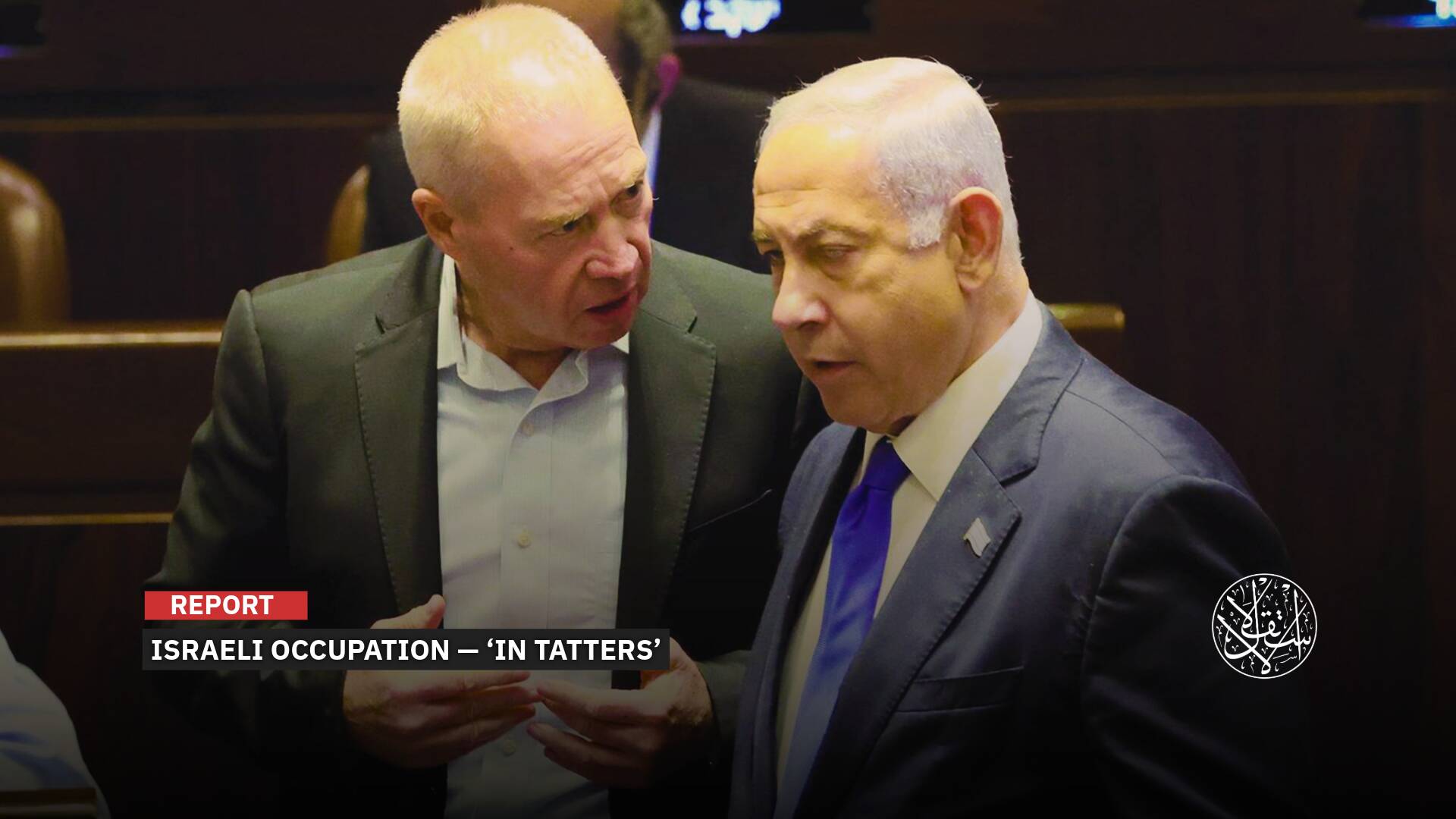Egyptian Military Officer Kills a Civilian Family, Revealing the Civic-Military Relations in Egypt

A family of five was brutally mowed down by an army officer’s car in a posh Cairo neighborhood, killing the mother and injuring the father and their three children, in what social media activists said was a case of premeditated murder.
The horrific incident, which was captured on video and circulated on social media, occurred in early July after a verbal dispute between the officer and the family, who were visiting Cairo for their summer vacation.
The family, identified as Hamdan Zaki, a veterinarian who works in Kuwait, his wife Basma Ali Hassanein, a pharmacist, and their three children Yassin, 11, Noor, 9, and Ahmed, 7, had apologized to the officer for accidentally scratching his car with a scooter.
But the officer, who was reportedly intoxicated, became enraged and followed them to their home in Madinaty City, where he rammed his car into them repeatedly.
Hassanein died at the scene from her injuries, while Zaki and the children suffered fractures, wounds, and facial deformities. They were taken to a hospital for treatment.
Official Narrative
The Egyptian military spokesman said in a statement that the officer was arrested and charged with premeditated murder and attempted murder.
He said the officer was being detained pending investigation and would be referred to a military court.
The statement came after state-owned media initially reported that the incident was a traffic accident caused by the officer’s speeding.
The Ministry of Interior also denied that the officer was a police officer, as some social media posts had claimed.
The incident sparked outrage among Egyptians, who condemned the officer’s brutality and demanded justice for the family.
Some activists also criticized the military’s handling of the case and questioned its transparency and accountability.
The killing of an Egyptian family by an army officer in a car accident has sparked outrage and grief on social media platforms, where Arabic hashtags—such as what would translate to: #MadinatyIncident, #ArmedForces, #MilitaryProsecution, #ArmyOfficer and #PharmacistRight—have trended for two days.
Many activists, intellectuals, thinkers, writers, politicians, and human rights advocates have condemned the incident as a tragedy that has shaken the foundations and conscience of the nation.
They have called for justice and accountability for the officer and his accomplices, saying that he “did not run over an Egyptian family but ran over Egypt.”
@hrw
— Karim shaarawy (@ksharaawy) July 4, 2023
Army officer in Cairo Egypt killed the entire family by his car.
Low in Egypt protects police, Army's and judges.
In front of the cameras and media they will show but eventually no things are happening. pic.twitter.com/3HV2oh1Anp
Repeating Incident
The hit-and-run tragedy in Egypt has revived memories of another horrific episode last year, when a group of nurses at a hospital in Quesna, a town north of Cairo, were brutally assaulted by relatives of an air force officer.
A video that circulated in local media showed the officer and several women from his family attacking medical staff and other hospital workers, most of them female.
The assault left eight women injured and fractured, and one of them miscarried after being hit in the stomach and stomped on the face with a shoe.
The Egyptian Medical Syndicate condemned the attack as “a crime on hospital grounds that marks a dark spot in the history of medicine in Egypt.”
The officer, who was later acquitted by a military court, could not be tried by a civilian judge under new amendments to the law governing the trials of army officers.
The verdict sparked outrage and criticism among human rights activists and medical professionals.
Eventually, Egypt’s military court acquitted the defendant, and he was not detained nor charged with anything.
Nourhan Mansour, one of the nurses assaulted, said in media statements that police forces twice refused at the beginning and end of the incident to take any legal action against the attackers because of the officer’s affiliation with the armed forces as well as the hospital administration.
Egypt: Military officer accused of beating nurses in government hospital https://t.co/BPk2p8duMe
— Middle East Monitor (@MiddleEastMnt) December 5, 2022
Military’s Power
Anas Rashad, an Egyptian researcher and social media activist, told Al-Estiklal that the incident was a tragic event, adding that those who are immune from punishment become arrogant, enjoying the backing and protection of the regime.
“These incidents are not isolated cases but a deep-rooted attitude among members of security institutions in Egypt who think they are masters and others are slaves, and that they are above everyone and above the law that applies only to civilians and not to military personnel,” he said.
Rashad added that these incidents clearly show that the law is enforced selectively.
“If the perpetrator is one of the members of the security agencies or well-known and famous personalities, then the law does not apply to them. They are exempted from accountability.”
He cited as an example “the officers who killed dozens, not individuals, of opponents in the notorious deportation car after the military coup, and hundreds in Rabaa and Nahda squares, and in front of the Republican Guard Club in Cairo.”
“They are a good example of the policy of protection and impunity from prosecution and punishment,” he noted.
“What is happening frequently by members of the army and police is completely in line with the military’s view of the people. This latest incident is not an isolated event but part of a series of tragic events that happen from time to time,” Rashad concluded.
It is widely known among Egyptian people that it is not allowed for anyone among the people to cross military boundaries. These institutions will continue to support anyone who belongs to them in case any similar incident occurs with any individual from the people.
Since 2013, the military regime in Egypt was not interested in justice but in creating a sense of fear and submission among the population.
Soldiers are immune from accountability for any crimes or abuses they commit, and this was a fundamental principle of the authoritarian rule that has dominated the country since the 1950s.
Consequently, the military did not care about the lives or dignity of the people, but only about preserving their own power and interests. This is evident in the neglect of the health sector and the death of many doctors during the pandemic as an example of their indifference.


